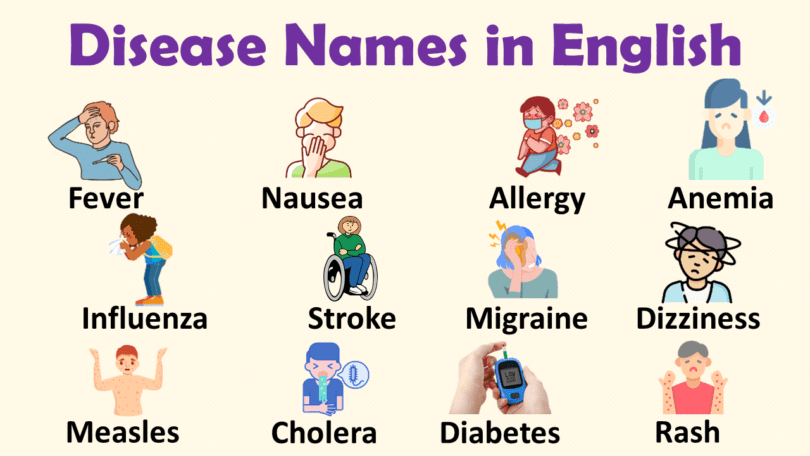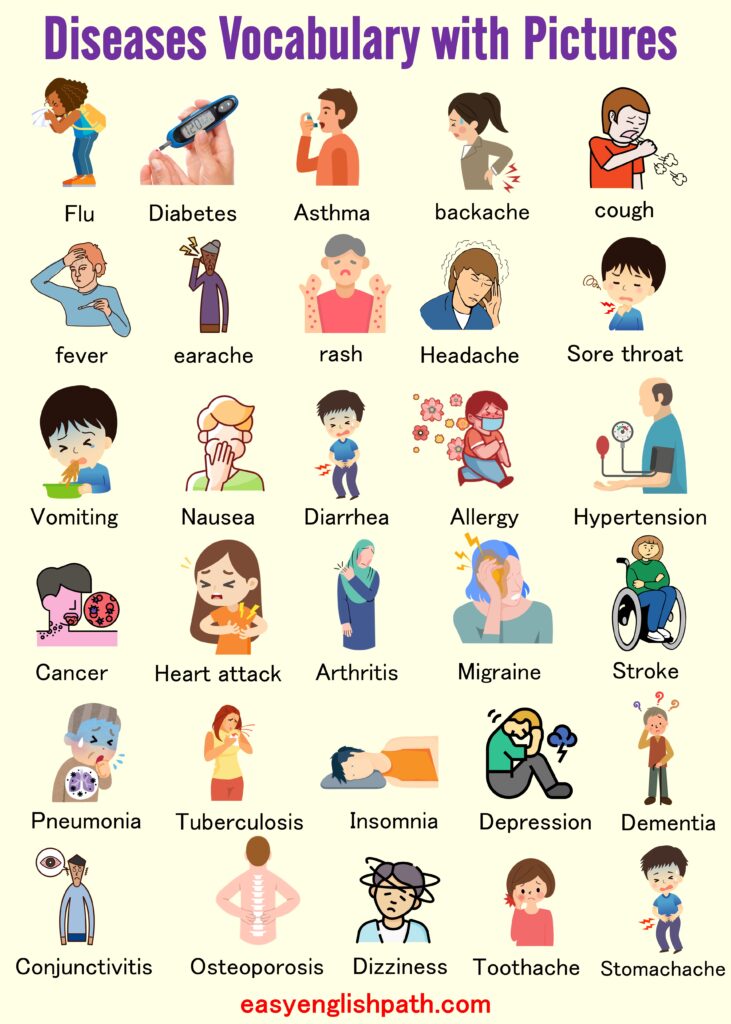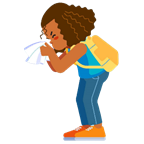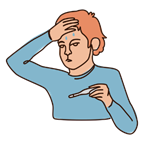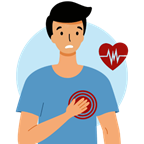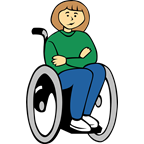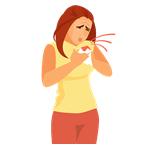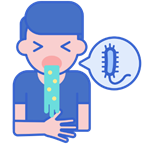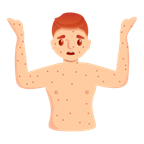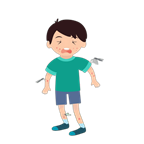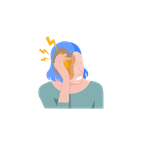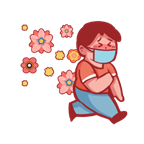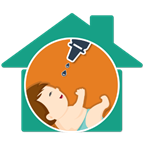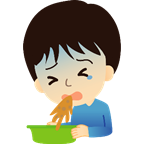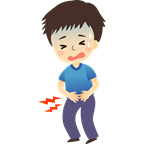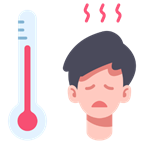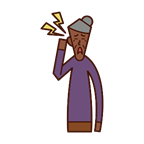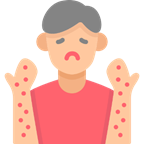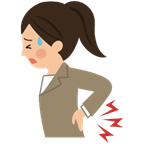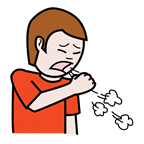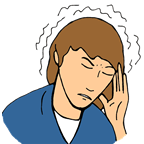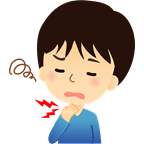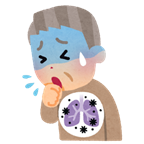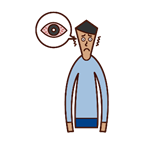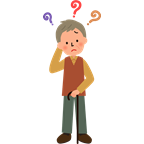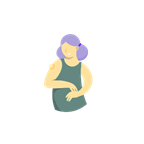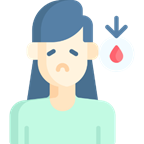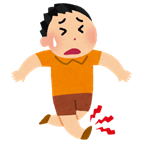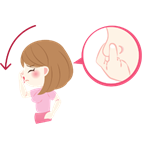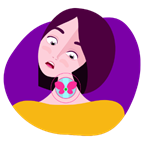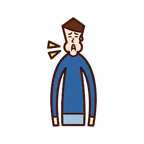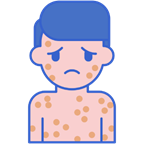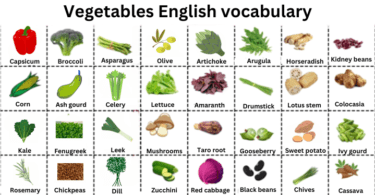Healthcare can be a complex puzzle, with a language of its own that sometimes feels like a code only experts can crack. But understanding the words that describe illnesses is crucial for anyone navigating the world of health. In this blog post, we’ll guide you through the terrain of disease vocabulary, focusing on the names of common diseases, all in simple terms that everyone can grasp.
Imagine the human body as a vast book, and each illness is a unique chapter in that book. Disease vocabulary is the tool that allows us to read and understand these chapters. Whether you’re a healthcare professional trying to communicate effectively with patients, a student entering the medical field, or someone simply interested in staying healthy, learning about common diseases by name is an essential skill.
Disease Names in English
Disease Vocabulary with Some Detail
Diabetes:
Diabetes is a chronic condition that affects how your body uses glucose (sugar). There are two main types, Type 1 and Type 2. People with diabetes need to manage their blood sugar levels through diet, exercise, and sometimes medication.
Hypertension (High Blood Pressure):
Hypertension is a condition where the force of blood against the walls of your arteries is consistently too high. It can lead to heart disease, stroke, and other serious health problems.
Asthma:
Asthma is a respiratory condition that causes the airways in the lungs to become inflamed and narrow, making it difficult to breathe. It’s often managed with inhalers and other medications.
Influenza:
The flu is a sickness caused by germs that can make you feel very tired and achy. It spreads when someone who is sick coughs or sneezes, and you can catch it by touching things they touched.
Smallpox:
Smallpox is a dangerous illness caused by a virus. It gives you a high fever and a rash with bumps filled with fluid. It spreads from person to person through the air.
Mumps:
Mumps is a sickness that makes your cheeks and jaw swell up and hurt. It can also give you a fever and make you feel tired. Mumps spreads when someone with the sickness coughs, sneezes, or talks.
Goiter:
A goiter is when your neck swells because of a big thyroid gland. It can happen if you don’t get enough iodine in your food or if you have a thyroid problem. Sometimes it makes it hard to swallow or breathe.
Sciatica:
Sciatica is when your back hurts, and the pain goes down your leg. It happens because of a nerve in your back. You might feel tingling or weakness in your leg, too. It’s often caused by things like a slipped disk or an injury.
Bleeding:
Bleeding disorders are when our blood doesn’t clot like it should. Clotting helps us stop bleeding when we get a cut or bruise. Sometimes, people have problems with clotting, and this can lead to issues.
Arthritis:
Arthritis is when your joints hurt and get stiff. Joints are the places where your bones meet, like in your knees and fingers. There are different types of arthritis, but they all make it hard to move and can cause pain.
Baldness:
Baldness is when people lose hair from their head or body. It can happen because of family history, hormones, illness, or certain medications.
Sprain:
A sprain happens when you twist or hurt a part of your body, like your ankle or wrist. It can make the area swell, hurt, and be hard to move.
Anemia:
Anemia is when your body doesn’t have enough red blood cells, making you feel tired and weak. It can happen because of not eating the right foods, certain diseases, or losing blood from injuries or heavy periods.
Abscess:
An abscess is like a painful, swollen bump filled with pus. It happens when germs get inside your body, causing a pocket of infection.
Dementia:
Dementia is when people have trouble remembering things and thinking clearly. It happens because the brain isn’t working right. It makes everyday tasks hard.
Conjunctivitis:
Conjunctivitis, or pink eye, is when your eye becomes red and irritated. It can happen because of germs or allergies. This condition can be caused by viruses, bacteria, allergens, or irritants.
Depression:
Depression is feeling really sad for a long time. It can make people lose interest in things and feel tired or hopeless. It can make everything seem overwhelming and even affect their body, causing headaches or stomachaches.
Cancer:
Cancer is a disease where cells in the body grow out of control. These abnormal cells can form lumps, called tumors, which can invade nearby tissues and spread to other parts of the body. It can happen to anyone.
Insomnia:
Insomnia is when someone has trouble sleeping. They might find it hard to fall asleep, wake up often during the night, or wake up very early and can’t go back to sleep. It can make them feel tired and grumpy during the day.
Pneumonia:
Pneumonia is a lung infection that makes it hard to breathe. It can cause coughing, chest pain, and fever. Pneumonia can range from mild to severe, and it is particularly dangerous for young children, the elderly, and individuals with weakened immune systems.
Allergy:
Allergies happen when your body reacts to things like pollen, certain foods, or pet fur as if they are dangerous. When someone with allergies comes into contact with an allergen, their immune system overreacts, producing antibodies like histamine, which leads to allergic symptoms.
You May Also Like
Household Chores

